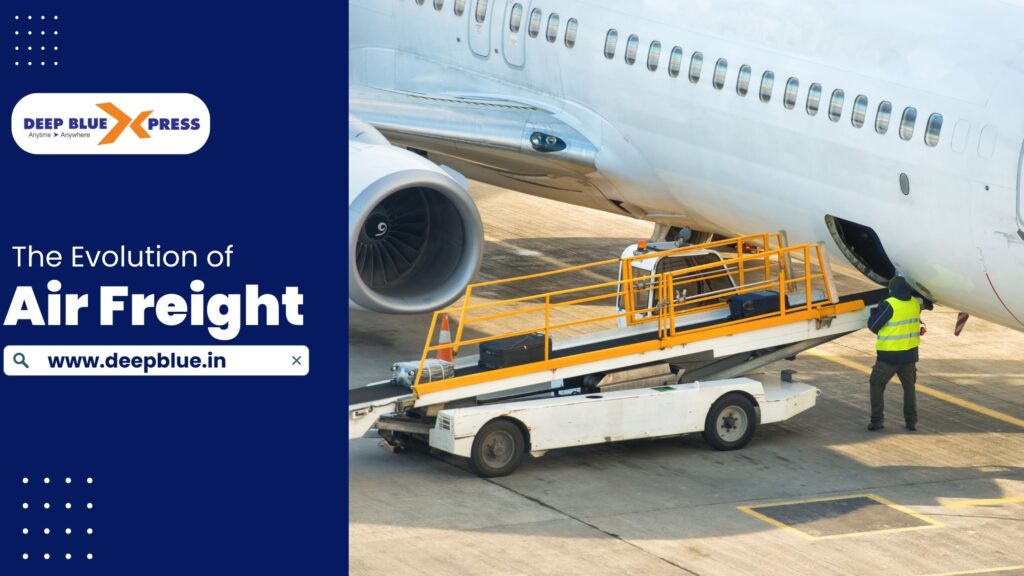The world of air freight is on the brink of transformation. With technological advancements, shifting market dynamics, and global changes in trade patterns, the future of air freight is a landscape of innovation and opportunity.
Predicting the market today is tough, right? If you’re a retailer looking for shipping companies in India, you’re in the right spot. A few courier companies across India offer parcel deliveries, but finding the best one that’s fast and cost-effective can be hard. Logistics firms are super important for businesses here. By 2025, India’s logistics industry might make up around 30% of the whole industry’s income. These 3PL logistics companies are a big deal for e-commerce and other industries. They handle most of the delivery work for online companies. They take care of everything from making sure orders are ready, creating airway bills, to picking up and delivering stuff to customers. Without them, businesses would have to build and run their own delivery systems, which would cost a lot and take ages. That’s why businesses rely on these firms to track their deliveries and keep customers updated. Depending on your industry, you might stick to a few logistics suppliers or go for those with specialized services as your business grows. It’s crucial to pick the right logistics company for your business because they can make or break your success. Knowing the top players in the industry helps. Logistics has become a big deal, connecting businesses and customers across the country. With over 100 million Indians shopping online, these companies are stepping up their game. They’re using advanced tech, focusing on finishing orders quickly, and improving their systems for failed deliveries, returns, and reducing undelivered packages. All this while keeping costs down and making sure customers are happy.
Technological Advancements in Air Freight
The future of air freight is synonymous with technological innovation. Automation, artificial intelligence (AI), and data analytics are poised to revolutionize the industry. AI-powered algorithms will optimize routes and schedules, reducing transit times and enhancing operational efficiency. Furthermore, the integration of IoT (Internet of Things) devices within cargo will enable real-time monitoring of shipments, ensuring heightened security and transparency.
Drones and Unmanned Aerial Vehicles (UAVs)
The emergence of drones and UAVs is reshaping the face of air freight. These autonomous flying machines promise rapid last-mile deliveries, particularly in remote or challenging terrains. With ongoing advancements in drone technology and regulatory frameworks, they are envisioned to play a significant role in expediting small package deliveries in the near future.
Sustainable Air Freight Solutions
Environmental sustainability is becoming an increasingly critical aspect of air freight. Airlines and logistics companies are investing in eco-friendly practices and fuel-efficient aircraft to minimize carbon footprints. Electric and hybrid-powered planes, powered by renewable energy sources, are being researched and developed to mitigate the environmental impact of air transportation.
E-commerce and the Changing Landscape
The surge in e-commerce and the shift towards online shopping habits have propelled the demand for swift and efficient air freight services. Consumers expect faster deliveries, leading to the rise of express air freight services. The industry is adapting to cater to this demand, exploring innovative ways to meet the evolving needs of online retailers and consumers alike.
Challenges and Opportunities
While the future of air freight is promising, it also faces challenges. Global economic uncertainties, regulatory complexities, and geopolitical shifts can impact trade and air freight operations. Additionally, the industry needs to address issues related to infrastructure, cybersecurity, and skilled manpower to maximize its potential.
Conclusion: Navigating the Future
The future of air freight is a dynamic landscape of innovation and adaptation. Embracing technological advancements, promoting sustainability, and meeting the evolving demands of a digital age will be crucial. As the industry navigates challenges and seizes opportunities, collaboration, innovation, and adaptability will be the cornerstones shaping the future skies of air freight.
The horizon of air freight holds promise. With a blend of technology, sustainability, and adaptability, the future of air freight is set to soar to new heights, redefining the way goods are transported across the globe.




